While outlining six recommendations, Prime Minister Sheikh Hasina of Bangladesh urged international leaders to halt the weapons race and release climate funds for the affected countries.
"The needless armaments race must end, and funds must be reallocated to provide the urgently required funds to combat climate change. Remember that chasing specialized interests will not solve anything while humanity's survival is at risk," she stated.
During the panel discussion titled "From Pocket to Planet: Scaling Up Climate Finance" at the Munich Security Conference 2024 today (Friday), she offered the following remarks and proposals. The premier of Bangladesh stated, "We need to find ways to unlock climate financing to keep us on track by implementing the six suggestions," as she made her first proposal.
She reaffirmed that, subject to a delivery strategy, developed nations must meet their pledge to give $100 billion year until 2025.
"And, by the end of this year, we all must agree on a new climate financing target for post-2025, preferably above $100 billion, based on scientific evidence," she stated.
Sheikh Hasina's second suggestion called for an end to wars and conflicts, unlawful occupations, and the senseless death of innocent civilians—particularly women and children—that the world is seeing in Gaza and other places.
According to her, the effects of sanctions and countersanctions are also felt far from the areas of conflict.
In her third recommendation, she recommended tripling the present amount of funds for adaptation to solve the severe imbalance between mitigation and adaptation.
In light of this, she expressed her gratitude to French President Macron for his pledge to provide Bangladesh one billion euros to help it deal with the effects of climate change.
She put out the fourth idea, stating that it was imperative to address the long-standing problem of poor nations' simplified access to current international climate money.
She said, "In the case of Bangladesh, we only have two eligible entities to get financing from the 'Green Climate Fund' while two more are in the process." Sheikh Hasina made her fifth recommendation, stating that the reform of the global funding architecture has to demonstrate significant progress, particularly in controlling the debt load of countries that are susceptible to climate change by increasing their access to grants and concessional loans.
The Prime Minister stated that governments must make investments in the right strategies, regulations, and tools to encourage private capital flows for climate change in his final and sixth suggestion. International financial institutions must simultaneously create novel and hybrid financing methods to draw in private funding for bankable projects.
"The large climate financing gaps cannot be addressed without the participation of the effective private sector," she stated.
Everyone understands the necessity of significantly increasing the existing level of international climate money for investments in adaptation and mitigation, according to Sheikh Hasina.
Sadly, the amount of climate funding that has been committed to and made available thus far is still woefully inadequate. The lack of a globally accepted concept of "climate financing" and its accounting procedures further complicates this, the PM stated.
The Premier claimed to have learned that obtaining international climate money would be challenging when attending a secret gathering of leaders in 2009 at COP15 in Copenhagen to find a last-minute solution.
She took the initiative to establish the Bangladesh Climate Change Trust Fund to carry out domestic adaptation measures after returning home.
"Bangladesh is now considered a living laboratory of locally-led climate adaptation," she stated.
She continued by noting that, using just its funds, Bangladesh has so far carried out close to 800 projects at a total cost of $480 million.
"This is, however, still inadequate compared to the $7-8 billion that we require every year to implement our National Adaptation Plan," she stated.
She pointed out that, in light of all the Nationally Determined Contributions (NDC), the current finance required for mitigation is expected to be close to $6 trillion up to 2030.
She indicated that until 2030, $215–387 billion would be allocated annually for adaption. The global climate catastrophe is becoming worse due to the growing finance imbalance.
The launch of the Loss and Damage Fund, according to Sheikh Hasina, was a good start to the COP28 in Dubai.
"We are happy that the Fund has received a $792 million commitment. For the Fund to fulfill its mission, we hope that further commitments will be made," she stated.
She stated that all responsibility for funding choices now rests with the newly established Governing Board of the Loss and Damage Fund.
She emphasized how the Paris Agreement's guiding principles must be applied to the Fund's operations.
"The Fund has to continue being fresh and different from existing forms of climate funding like ODA. It is imperative that much-needed funds for climate adaptation not be diverted from the Loss and Damage Fund," the PM stated.
PM Hasina stated that the Fund's next goal is to begin allocating funds to workable projects. Those who most require the Fund's assistance should receive it.
"The payout process need to be made straightforward and adaptable. We expect that the representatives of the LDC and SIDS will have their opinions duly considered by the Fund's governing board," she went on.
The Premier went on to say: "I would certainly like to see Bangladesh as one of the first recipients of the Loss and Damage Fund."
Regarding Bangladesh, Sheikh Hasina stated that although her nation contributes very little to global carbon emissions—less than 0.47% of total emissions—it nonetheless ranks seventh among the world's most climate vulnerable nations.
Climate change is predicted to produce an annual GDP loss of 2% from now until 2050, and at this rate, the loss might reach 9% by 2100. Additionally, it is predicted that the effects of climate change might force 13.3 million people in Bangladesh to relocate inside," the PM stated.
According to the Premier, Bangladesh now allocates 0.74 percent of GDP and around 4.6 percent of its yearly budget to climate adaptation and resilience, with 75% of funding coming from domestic sources.
End//voice7news.tv



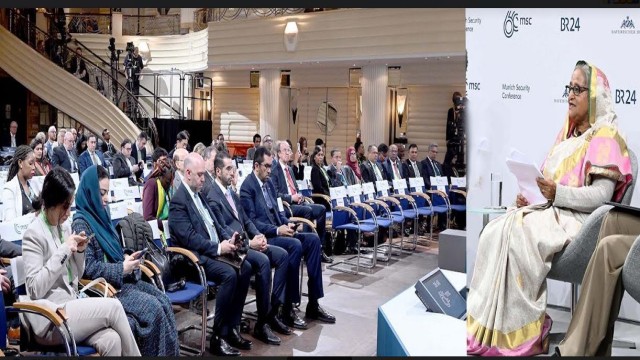
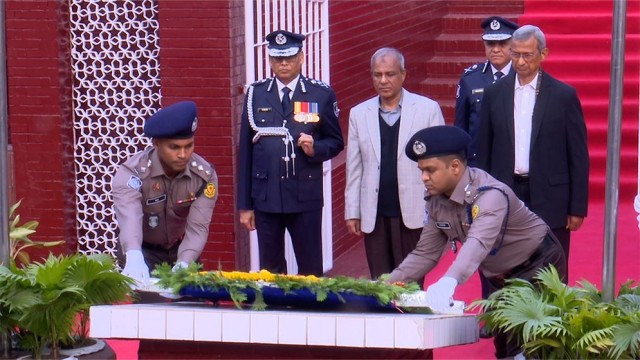

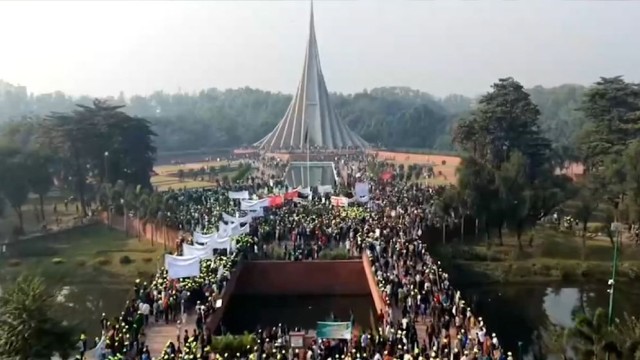
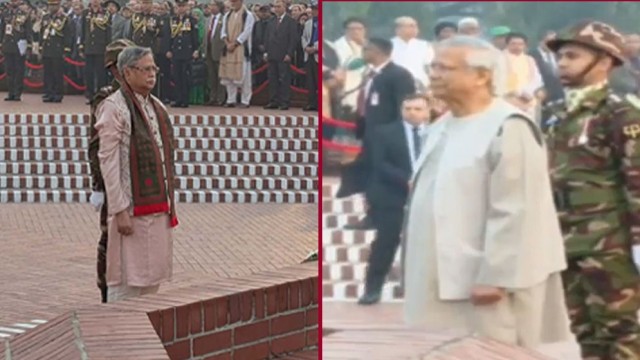






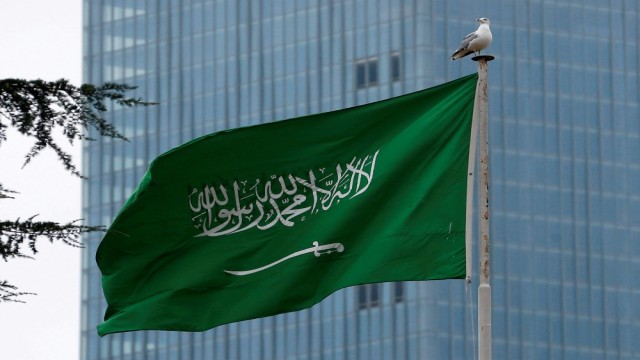






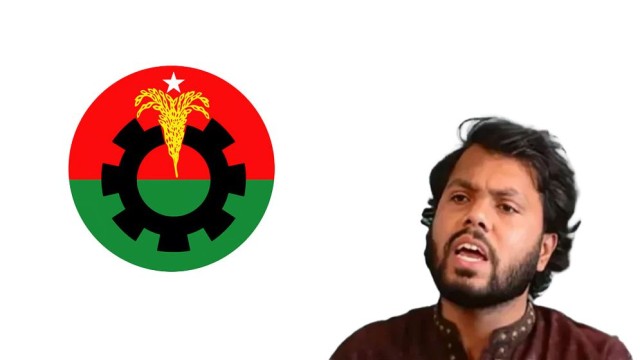
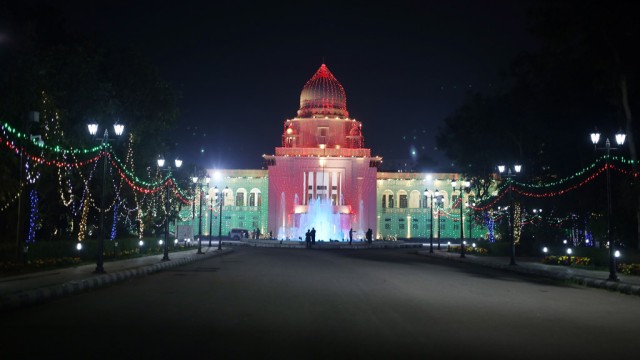

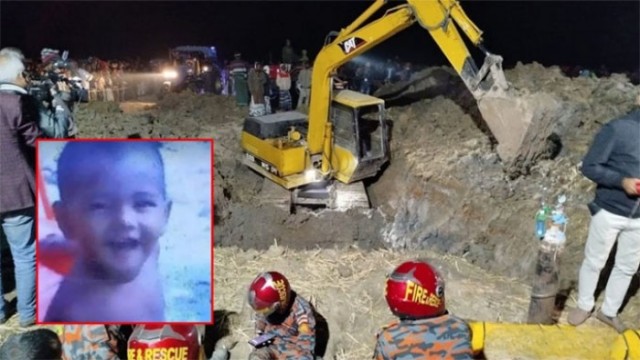

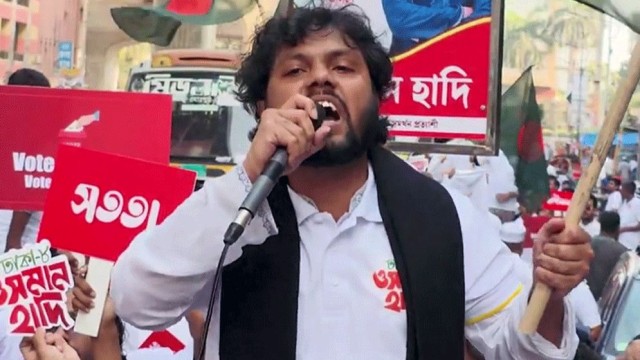

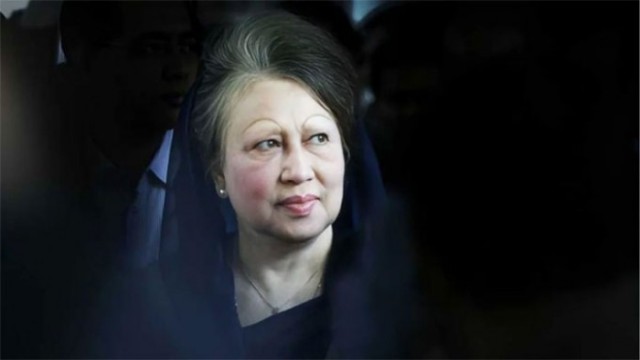


Comment: